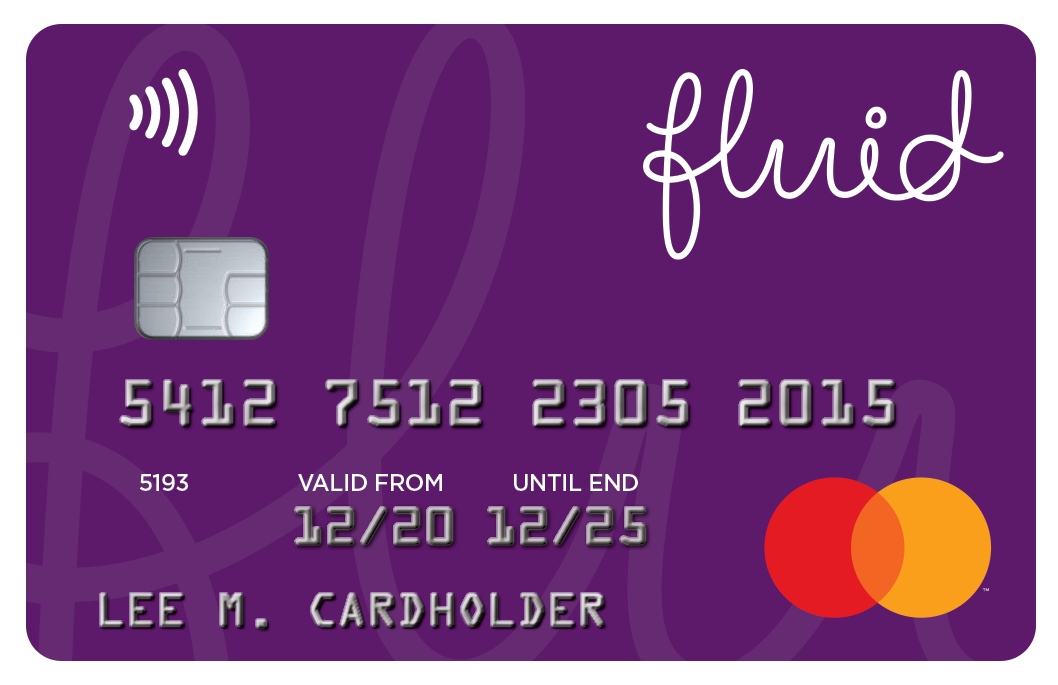How do credit cards actually work?

How do credit cards actually work?
The right credit card, used in the right way can help you spread costs, stay safe when shopping, reduce the amount of interest you’re paying, improve your credit score and even earn rewards. But you need to know how they work to make them work well for you.
Credit cards are quite a simple financial product in many ways. You can use them to make purchases using credit, up to your credit limit.
Then, if you pay the bill in full each month you usually won’t pay any interest, making it a very cheap way to borrow. You should also check how long any introductory offers are valid for as they will usually come to an end, at which point interest might be charged. As credit cards have evolved there are now different types that you can use in all sorts of ways to rebuild a bad credit score, to earn supermarket points and even to transfer a balance from one card to another.
Taking a moment to understand what’s available can help you get the most out of a card – and avoid making any expensive mistakes.
What kind of credit cards are there?
There are a lot of different credit card types and many different card providers. Here’s a quick list of some of the options out there.
Credit builder credit card – if your credit history isn’t perfect then using this kind of card and clearing the balance each month can help rebuild your score. But if you carry over a monthly balance it can be very expensive. here
Balance transfer credit card – these cards help you save money by reducing the amount of interest you’re paying on a credit card balance. You do this by moving interest-bearing money you owe on one card onto a balance transfer card which comes with an interest-free period. It’s worth remembering that to take advantage of the offer you’ll need to do this within a set amount of time, and that there’s usually a fee involved. The fee will usually be a percentage of the amount you’re transferring over.
Purchase credit card – these cards come with a 0% introductory period so they’re good for breaking up the cost of a big purchase. Once the offer period is over you’ll be charged interest on any money that hasn’t been paid off.
Reward credit card – sometimes these have annual fees but they let you earn a perk as you spend, such as supermarket points or air miles. Some will offer cashback on your spending.
Travel credit card – these cards offer low fees for spending abroad. They may also offer access to airport lounges or other travel perks.
How much does a credit card cost?
If you don’t clear the balance on your card at the end of the month then you will usually be charged interest, unless you’re still in a 0% interest period.
The rate you’ll pay can really vary depending on the type of card and the lender issuing it. Your financial data will be used to gauge your ability to repay, and the better your credit rating the more products will be available to you, and at better rates.
Costs can also depend on how you use the card; overseas spending can have much higher fees as will cash withdrawals. Cash withdrawals will also be visible to lenders and could impact your chances of accessing credit products.
Balance transfer cards and money transfer cards will often charge a fee. The amount you pay will depend on the amount of money being transferred.
Some credit cards will charge an annual fee, even if you clear the balance each month, especially some cashback reward cards or cards that offer perks like airport lounge access.
Missed payments may result in penalty fees and can hurt your credit score.
Is a credit card right for me?
If used in the right way a credit card can offer a number of benefits and can be a useful tool. You’ll need to make sure that you pick a card that suits your needs and that you use it in the right way. You should never borrow more than you can afford to repay and you’ll need to keep up with repayments, making at least the minimum repayment each month.
It’s also important to think about what you want to get out of a credit card so you can decide which is right for you. It may be a way to pay off debt quicker by not paying interest, smoothing out the cost of a big purchase, or to repair a poor credit score.
Top tips for contented credit card customers
Compare credit cards before committing
If used in the right way a credit card can offer a number of benefits and can be a useful tool. You’ll need to make sure that you pick a card that suits your needs and that you use it in the right way. You should never borrow more than you can afford to repay and you’ll need to keep up with repayments, making at least the minimum repayment each month.
It’s also important to think about what you want to get out of a credit card so you can decide which is right for you. It may be a way to pay off debt quicker by not paying interest, smoothing out the cost of a big purchase, or to repair a poor credit score.
Check eligibility before applying
Before you apply for a credit card it’s good to check your eligibility. This will show you how likely you are to be accepted, without affecting your credit score. You can use our tool to check whether you’re eligible for a card before you apply.
Credit applications will leave a footprint on your credit report, and could act as a red flag to lenders so it’s worth checking first.
Watch out for the end of introductory perks
If you’ve picked a card because it offers an interest-free period or a time-limited extra reward then make sure you remember when that perk ends. Otherwise, you could end up paying more than you expected as higher interest rates may apply at the end of the offer.
Always make at least the minimum payments
You really want to pay more than the minimum each month to clear the debt faster. But failing to make at least that minimum payment could damage your credit score and you could even incur a penalty fee. Lenders may also withdraw offers if you miss a repayment meaning you could end up paying much more.
Credit cards give you extra protection
Using a credit card to make a purchase over £100 and under £30,000 means you’ll have extra protection under Section 75 of the Consumer Credit Act. This means if something goes wrong and you can’t get a refund from the seller, you can get your money back from the credit card company.
See if you'll be accepted before you apply
Quick and easy to fill in your details.
Get a response in 60 seconds.
No impact on your credit rating.
Check Eligibility

34.9% APR
Representative (variable)
Don't forget
Use your card sensibly — if you don’t make repayments on time or stay within your credit limit you will pay extra charges, forfeit the 0% offer and getting credit in the future may be harder and more expensive.